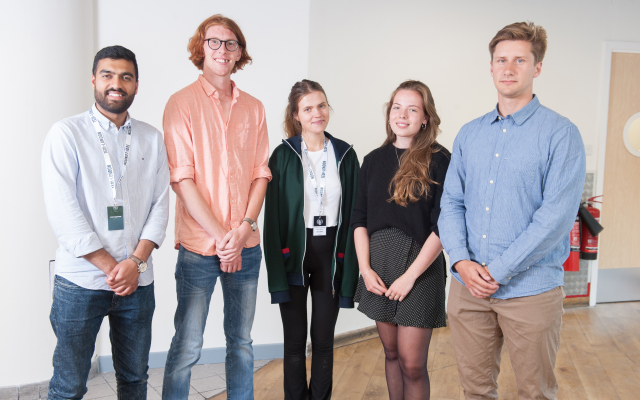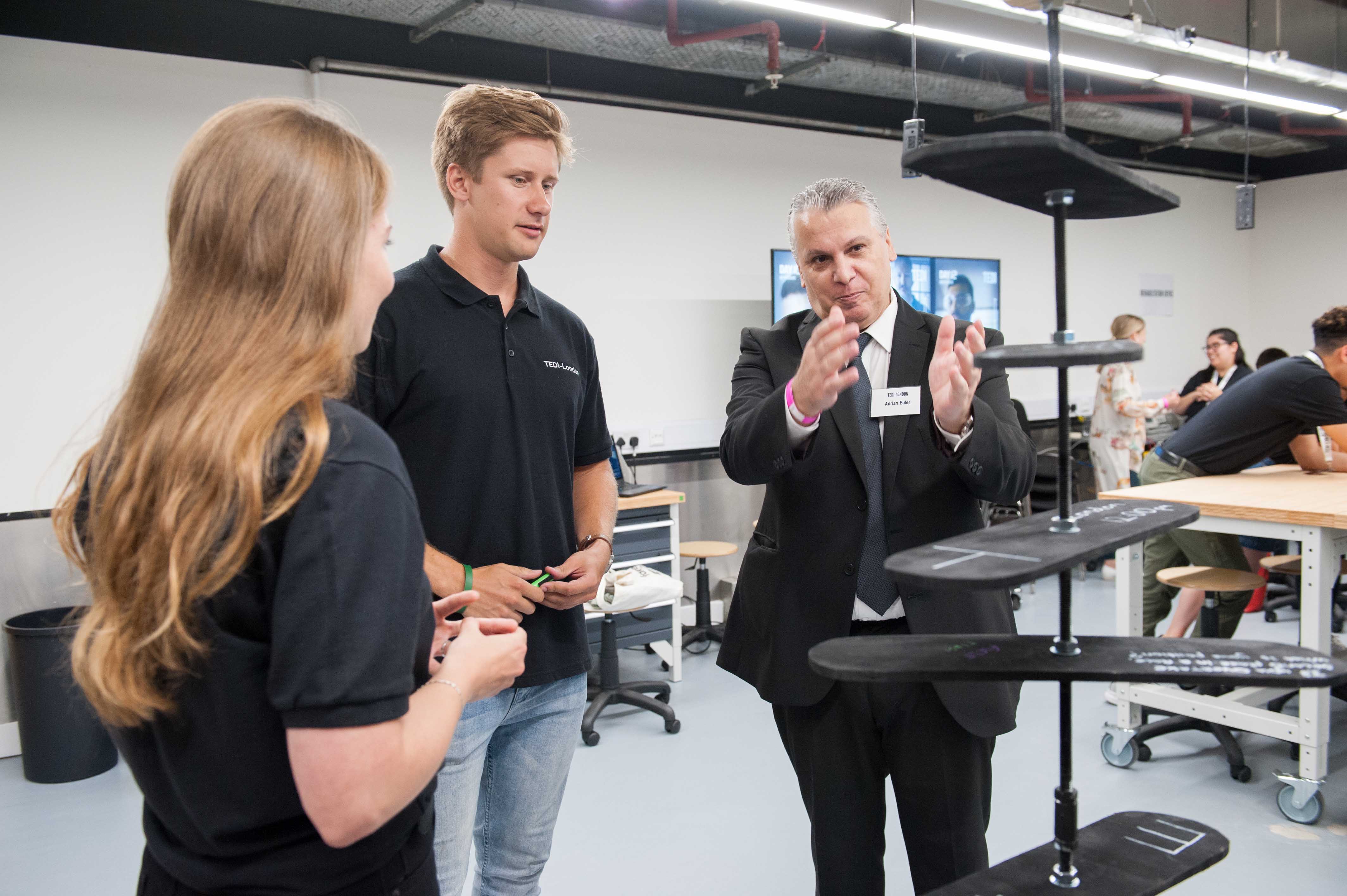
For the past two years, PLuS Alliance partners have been collaborating to develop a new kind of engineering school in London. As a project it was known as PLuS Engineering, but earlier this year it was incorporated as an independent organisation – TEDI-London.
TEDI-London will transform engineering education to transform lives. Delivering an innovative curriculum based on real-life project work from day one, TEDI-London will bring a new kind of engineer to the profession.
The shortage of socially aware and globally focused engineering talent is widely reported, with the UK alone lacking in 20,000 skilled professionals annually. The PLuS Alliance, as a global thinker and influencer, recognised the need for a new type of engineering education provision to help address the lack of people studying engineering, and developed TEDI-London.
This summer, students from the PLuS partners worked together on three projects that typify how TEDI-London will train engineers of the future.
In interdisciplinary teams that comprised engineering, philosophy and business students, the TEDI-London students in the future will be supported by a state-of-the-art online learning portal to develop their knowledge and skills to work through the projects, but these pilot groups brought their learning from their degrees in their home university, and the research skills those degrees have taught them.
The pilot summer school culminated in an industry showcase, for a select group of organisations who have been supporting PLuS in the development of TEDI-London. Guests noted the collaboration demonstrated across the teams and the benefit of the multi-disciplinary approaches brought by the various channels of expertise.
The students themselves were very positive about the experience of working in teams with different elements of knowledge – and in particular the ‘non engineers’ were surprised at the value they added on a practical engineering project with the technical background of their colleagues.
UNSW Mechanical Engineering student Xavier Perkes, along with four other students from UNSW, ASU and Kings College used their diverse backgrounds to tackle the community hub project. Their team, BAOBAB, came up with a holistic approach to their design which saw the group develop an app, construct a prototype, print 3D models and design posters as part of their innovative solution.
“Overall, TEDI London was unexpected but has expanded my horizons. The projects undertaken at TEDI will have real world implications and reach through experience,” says Xavier.
Fellow fourth year UNSW Construction Management and Property student, Hamza Arshi, said one of the highlights was to be able to collaborate with students from around the globe.
“I am very grateful for being on the trip as I feel as though I have learned valuable skills and lessons both personally and professionally and would like to thank Faculty of Built Environment staff and Faculty of Engineering for nominating and selecting me for the program,” said Hamza.
UNSW Bioinformatics and Biomedical Engineering student, Vivian Bakiris, also found her experience in the program rewarding.
"I thoroughly enjoyed my experience in the TEDI-London program. I'm so grateful to have had the opportunity to bring our engineering ideas to life while making lifelong friends from across the globe along the way," said Vivian.
Stories from the summer school can be found on the PLuS Alliance Instagram, search #TEDILondon.
More summer schools are planned to further develop and test elements of the TEDI-London at the TEDI-London campus in Canada Water, London, just two stops from world-famous London Bridge.
